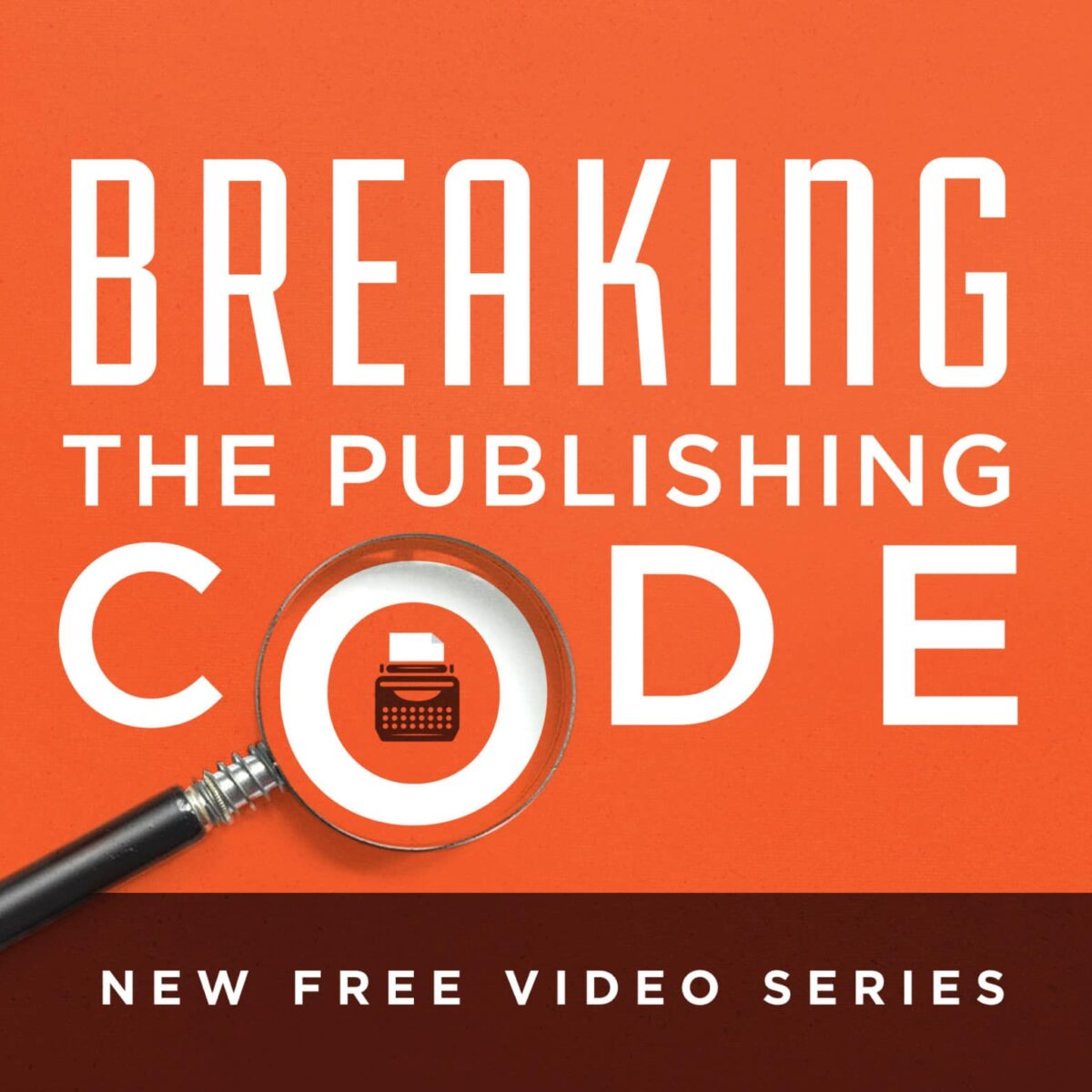Part 1: Start with Great Content
This is the beginning of a series of posts I am calling, “Book Marketing 101: What Works and What Doesn’t.” I have wanted to write this series for a long time. There are so many opinions when it comes to marketing books. I certainly don’t have the last word on this topic, but I do have some experience.

I have been involved in the book publishing industry for 30 years. My career has included working at three different publishers, serving as a marketing director, marketing VP, acquisitions editor, editor-in-chief, publisher, chief operating officer, and now, of course, chief executive officer. I was also a literary agent for six years and have written four books, including one that was on the New York Times bestsellers list for 28 weeks. I am currently writing a new book called, The How of Wow.I’ve been able to experience first and second-hand what works and, mostly, what doesn’t. But before I give my perspective on the various marketing tools and vehicles, I would like to set forth a few basic principles based on my own experience. These are generalizations and there are definitely exceptions to every rule. But I think these apply 95% of the time.
Let’s start with content. What does content have to do with marketing books? Everything.
Several years ago, when I was the publisher of Nelson Books, I had a button made for my staff. It said, “It’s the product, stupid.” I am still convinced that this is the most fundamental truth about publishing. It all starts by acquiring great manuscripts.
Great products make everyone’s job easier. When you have a great book, sales people want to sell it, producers want to book the author, bloggers want to post about it, and booksellers want to carry it.
But we have to be careful how we define “great product.” I am not referring to a book’s literary merit, scholarly research, or enduring value. Instead, I am talking about the book’s commercial viability.
As is the case in the movie business, what the reviewers like and what the general public likes are often two very different things. For example, I have heard many publishing insiders pan The Shack. And yet millions of readers love the book and have bought them by the caseload to pass onto their family and friends. The same could be said of numerous other books, including The Purpose Driven Life.
David Ogilvy, the advertising pioneer, once said, “Great marketing only makes a bad product fail faster.” Why? Because it contributes to negative word-of-mouth. If the marketing induces people to try the product, and if the product doesn’t deliver what the consumer expects, then the product dies. This is true of consumer products, and it is true of books.
In the book publishing world, when a book is successful, the author usually gets the credit. Conversely, when the book fails, the publisher gets the blame. But I have seen the reverse happen many, many times. The publisher creates a good, perhaps even brilliant marketing plan, but the book doesn’t take off because the content is mediocre.
Again, the yardstick for measuring great content is not the author’s opinion of his own work. Most authors think their work is brilliant. The standard of success in commercial publishing is consumer acceptance and enthusiasm. If the public doesn’t like the book, as demonstrated by purchasing enough copies to recoup the publisher’s investment and enable him or her to make a reasonable profit, then the book is a failure.
Even in the best case scenario, the publisher’s marketing budget will only carry the book so far. The real goal is to ignite word-of-mouth marketing. When this happens, the book “sprouts legs” and begins to run on it’s own. If this doesn’t happen, then the book dies and the publisher moves onto the next project.
The dirty little secret of book publishing is that most books fail. Based on research I have seen through the years, something like 90% of all books published sell fewer than 5,000 copies. And by almost every commerical publisher’s standards, these books are failures. If this is accurate, then it means authors have a one-in-ten chance of being successful. These are tough odds.
But they are even tougher if the content is medicore. If the book is brilliant and the marketing plan is mediocre, the book can still succeed. But the reverse is rarely true. I have never seen brilliant marketing overcome a weak book. The publisher may get the book placed, but it will ultimately boomerang back in the form of returns.
The bottom line: Authors must write great manuscripts. Agents must represent great projects—and have the guts to tell their clients when they have missed the mark. Acquisitions editors must buy great books for their publishing houses. If they don’t do this, all the marketing in the world will not be sufficient to make the book successful.
Disclosure of Material Connection: Some of the links in the post above are “affiliate links.” This means if you click on the link and purchase the item, we will receive an affiliate commission. Regardless, we only recommend products or services we use and believe will add value to our readers. We are disclosing this in accordance with the Federal Trade Commission’s 16 CFR, Part 255: “Guides Concerning the Use of Endorsements and Testimonials in Advertising.









